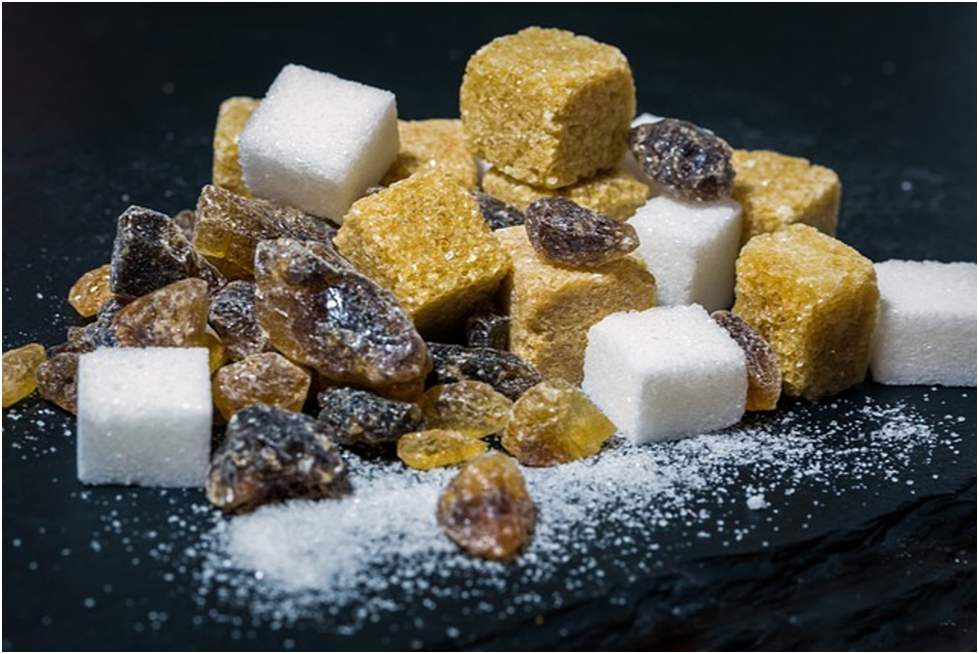Are you searching for a flocculant to use at your factory to clarify and filtrate sugar cane juice? Read on as we introduce you to our QEMIFLOC VH 1007, a specially designed anionic polymer developed to increase the settling rate and reduce the retention time of juice in the clarification stage.
Why QEMIFLOC VH 1007 Stands Out
You have finished the mechanical grinding of sugar cane and are now ready to give the juice the chemical treatment. Since, at this stage, the juice has a low pH and is anionic, it is necessary to increase the pH and make it cationic to achieve proper clarification. You add milk or lime to increase the pH to at least around 7.0 and heat the juice so that the impurities start settling down. How does adding an anionic polymer help in the process?
High molecular weight and medium charge anionic polymers are very effective in the clarification process. Did you know that for best results cane sugar juice needs around 25-30% charge of anionic polymer?
QEMIFLOC VH 1007 satisfies these requirements and goes even further. It has ultra-high molecular weight and hydrolysis of 25-30% (anionic charge).
The Benefits of Opting for Flocculants
Flocculants offer the following key advantages:
- Fast Settling Rate: Flocculants accelerate the settling of suspended particles, leading to quicker separation of solids from liquids.
- Improved Mud Compactness: By promoting the aggregation of particles, flocculants create denser mud, which is easier to handle and dispose of.
- Reduction in Color Formation and Mud Volume: Flocculants aid in the removal of color-causing impurities, resulting in a cleaner end product. Additionally, the compactness of flocculated mud leads to reduced volume, minimizing storage and transportation costs.
- Less Sugar Loss in Filter Cakes: The thickening of mud facilitated by flocculants leads to reduced sugar loss in filter cakes during processing. This translates to higher yields and improved profitability.
How to Use Flocculants in Cane Sugar Juice Clarification
If you are planning to start using flocculants to clarify your cane sugar, it is important that you invest in a stainless steel flocculant tank or a tank with an epoxy coating. Keep in mind that the contact between flocculant molecules and iron degrades the quality of flocculants.
When installing the flocculant tank, position it above the holding tank for your juice. QEMIFLOC VH 1007 requires a high temperature (50-60ºC) for proper dilution and at least 2-3 hours in repose for proper hydrolysis before it can be used in the clarification process. Please be advised that if QEMIFLOC VH 1007 is used as any other polymer, the result will not be satisfactory.
One Flocculant for Different Types of Cane Sugar
Whether you produce unrefined, raw, refined, or commercial brown sugar, QEMIFLOC VH 1007 can help you make the process faster and more efficient.
If you choose QEMIFLOC VH 1007 for your factory, you will have peace of mind knowing that the flocculant is Kosher-approved and FDA-approved under 21 CFR 173.10. At Qemi International, our goal is to provide the highest-quality flocculants to cane sugar producers around the world. Contact us today!

